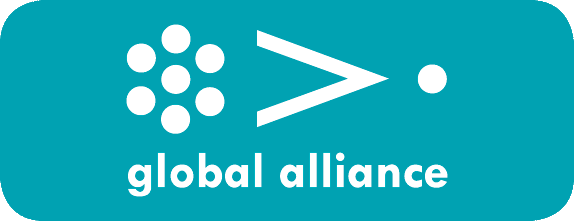Joseph P. Truncale, Ph.D., CAE
CEO - PRSA (USA)
Recently I read with great interest a business journal article about the importance of core focus in organizations. It mentioned the airline industry and in particular, discount airlines, which have been around longer than we might think. In the United States, an organization called People’s Express was among the first of its kind to offer “no frills” air travel. More recently, regional carriers like Southwest and JetBlue have taken this idea to new levels of success. However, with all of their success, others have tried this approach unsuccessfully.
These failed attempts include airlines TED and Song, which lasted about five and three years, respectively. TED was launched as a discount service of United Airlines. Song was Delta Airline’s attempt. Air Canada took a run at this as well, launching Tango which lasted only three years (last Tango?).
Why did all three fail miserably while JetBlue and Southwest continue to thrive? The answer in a word: culture.
Culture is an organization’s DNA. It is hard-wired and part of the fabric and the belief system of every organization. It’s how we think and feel about who we are and what we do. And when we are asked to suddenly do and be something else, the result can be disastrous.
It’s not that they didn’t try. Delta actually hired coaches to “re-train” their staff to become “quicker and more spontaneous.” In other words, more like the Southwest team and less like the Delta team. But the Delta culture held firm and the attempt to be something they were not came through loud and clear.
Cynthia Montgomery, author of “The Strategist: Be the Leader Your Business Needs” stresses that purpose is essential to success individually and organizationally. Organizational purpose is as much about what we are as what we are not. That affirmation sends a clear message and helps establish the behavioral norms (culture) that bring needed focus to the entire organization. And what we are not is every bit as important to define as what we are. Paradoxically, the tighter the focus, the broader the opportunity. Delta, United, and Air Canada learned this lesson the hard way.
So, what is it that defines your purpose (and that or your organization)? It just may be the most significant question you ask of yourself and of your colleagues.

